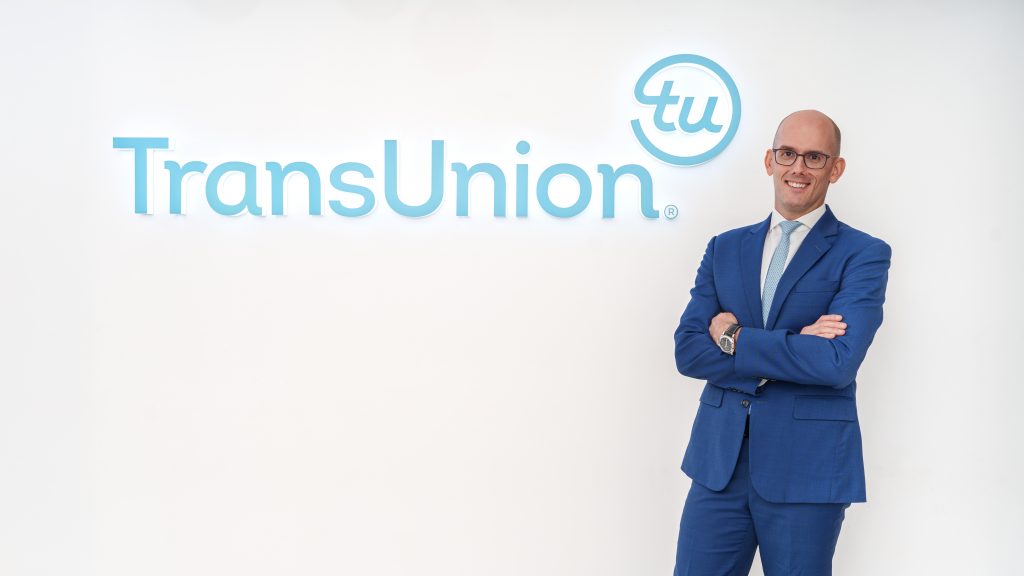
MANILA, Philippines – Global information and insights company and the Philippines’ first comprehensive private credit reference agency, TransUnion (NYSE: TRU), projects sustained momentum in the Philippine consumer credit market, driven by a resilient macroeconomic backdrop and robust household consumption. As inflation eases and retail activity picks up, both lenders and borrowers are poised to benefit from a more enabling environment, particularly for credit-unserved and underserved consumers.
According to the Philippine Statistics Authority (PSA), the country’s Gross Domestic Product (GDP) grew by 5.4% year-over-year (YoY) in the first quarter of 2025, fueled by wholesale and retail trade, repair of motor vehicles, financial services, and manufacturing industries. Further, headline inflation eased to 1.3% in May — the lowest level since 2019 — restoring real purchasing power to Filipino households.
The retail industry continued to lead the consumption wave, with the wholesale and retail trade sector expanding by 6.4% YoY in Q1 20252. According to TransUnion’s Q1 2025 Consumer Pulse Study, 37% of surveyed Filipinos planned to increase their retail purchases (e.g., clothing, electronics, durable goods) over the next three months, while 29% expected to boost their discretionary spending (e.g., dining out, travel, entertainment).
“Lower inflation is creating a more supportive environment for consumer credit growth. We expect to see stronger repayment capacity among existing borrowers and higher demand among new-to-credit consumers, particularly in the small-ticket and revolving credit segments,” said Peter Faulhaber, president and CEO of TransUnion Philippines.
Easing inflation and robust retail activity to fuel credit uptake
Declining inflation is expected to improve households’ real incomes, historically associated with better credit repayment behavior. TransUnion predicts that lenders with strong risk management strategies may see marginal improvements in early-stage delinquency ratios over the next two quarters.
Meanwhile, rising retail sales are likely to translate into more credit card transactions, buy now, pay later (BNPL) usage, and small-ticket installment loans. Close to two-thirds (65%) of surveyed Filipinos in the TransUnion Q1 2025 Consumer Pulse Study said that they have used BNPL, citing that it was easy to apply as the primary reason for availing the service.
In a growing economy with favorable wider macroeconomic conditions, lenders are encouraged to leverage data-driven strategies to manage risk while growing their credit portfolios.
“At TransUnion, we’re deeply committed to fostering a more inclusive and resilient credit ecosystem. By equipping lenders with advanced analytics and empowering consumers, especially those who are new to credit, we help ensure that more Filipinos can access the financial tools they need to thrive and participate confidently in the economy,” said Faulhaber.
